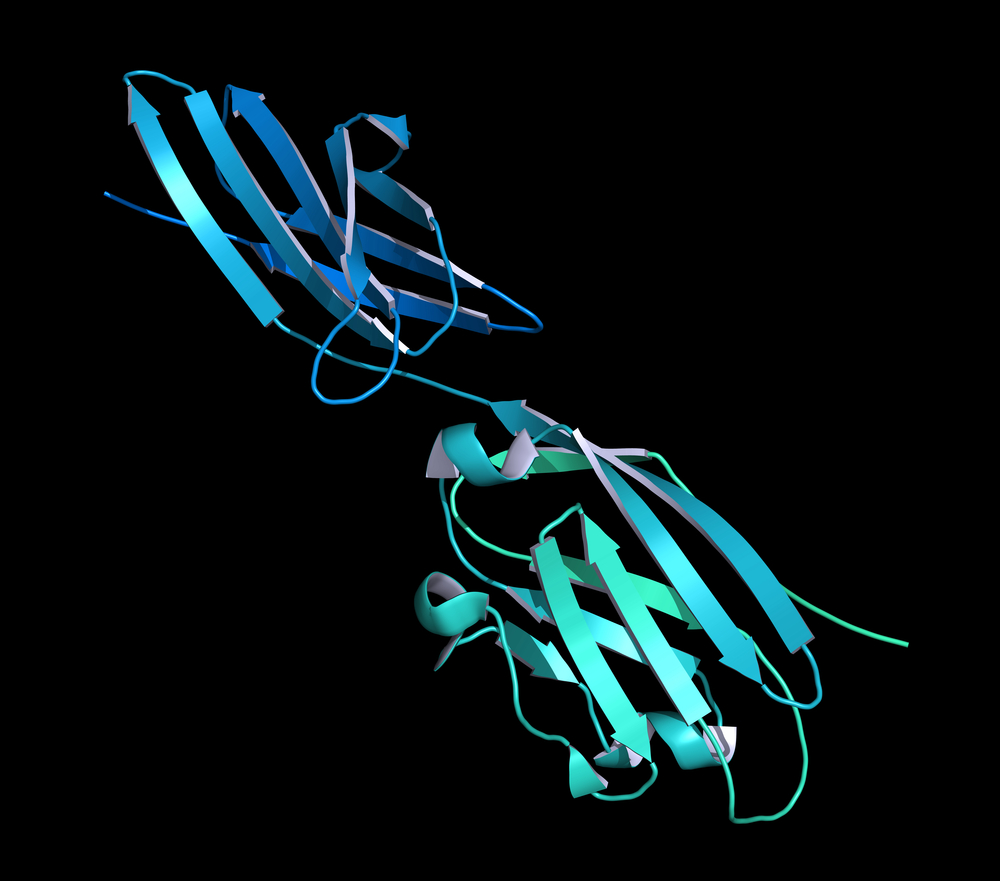Enzyme Inactivation Can Resolve Lupus Related Autoimmunity Symptoms in Mice Models
Written by |

Researchers at the UT Southwestern Medical center in Dallas, TX have discovered that activating a specific enzyme, cGAS, can sound an alarm for the body’s innate immune system, leading to the development of Aicardi-Goutieres Syndrome (AGS) and systemic lupus erythematosus (SLE) in mice while inhibiting this enzyme leads to their rescue. The research paper, entitled “Activation of cyclic GMP-AMP synthase by self-DNA causes autoimmune diseases,” was published in PNAS.
Disruption of important cellular nucleases, enzymes that degrade DNA, is related to the development of autoimmunity. The protein TREX1 has enzymatic activity degrading DNA in the interior of cells. Loss of function of this enzyme can lead to accumulation of self-DNA in the cell, which can lead to autoimmunity. Previous research has shown that defects in the gene coding for TREX1 are linked to the onset of SLE in humans and mice, with classic symptoms such as inflammation and high levels of interferon molecules.
The team used mice models lacking this protein and inactivated the enzyme cyclic GMP-AMP (cGAMP) synthase (cGAS). The results showed that after cGAS inhibition the pathological autoimmunity symptoms disappeared, such as production of auto-antibodies. The researchers also corroborated this effect in mice lacking DnaseII, a nuclease located in the lysosome that clears excessive DNA, namely that resulting from dead cells.
This research complements previous findings from the team that determined cGAS is the determinant DNA sensor to activate important immune pathways in the presence of pathogenic DNA, such as viruses, retroviruses and some bacteria. The researchers emphasize it is important to continue researching into the role of this enzyme on the onset of autoimmune disease, as these results show it could become a relevant new therapeutic target. “These results suggest that inhibition of the enzyme cGAS may be an effective therapy for autoimmune diseases such as Aicardi-Goutieres Syndrome (AGS) and systemic lupus erythematosus (SLE), which are linked to the same inflammatory pathway,” senior author Dr. Zhijian “James” Chen, Professor of Molecular Biology and a Howard Hughes Medical Institute (HHMI) investigator at UT Southwestern, said in a press release.




